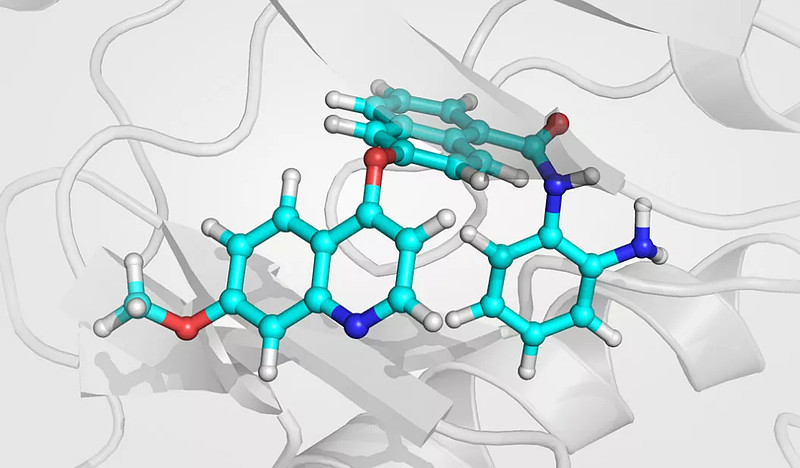Shenzhen Chipscreen Biosciences Co., Ltd. (SHA: 688321) has announced that the National Medical Products Administration (NMPA) has approved its New Drug Application (NDA) for Tivozanib in combination with PD-(L)1 monoclonal antibodies and chemotherapy as a first-line treatment for extensive-stage small cell lung cancer (ES-SCLC). Tivozanib, a novel multi-target inhibitor developed by the company, targets several oncogenic pathways including Aurora B, VEGFR, PDGFR, c-Kit, and CSF1R.
ES-SCLC is an aggressive subtype of lung cancer that has long been a challenge in the field of oncology. Immunotherapies have significantly improved survival outcomes for SCLC patients in recent years, but there is still considerable room for improvement in long-term survival compared to other tumor types.
According to Shenzhen Chipscreen Biosciences’ press release, Tivozanib possesses a multi-mechanism pharmacological profile, exhibiting mechanism-specific antitumor activity against neuroendocrine tumors such as SCLC. Its dual roles in anti-angiogenesis and immune modulation can synergize with immunotherapies and chemotherapy. The new regimen incorporating Tivozanib into first-line immunochemotherapy is expected to further enhance long-term survival outcomes for patients with ES-SCLC, demonstrating clinical therapeutic potential.
Tivozanib is a small molecule antitumor original new drug designed and developed by Shenzhen Chipscreen Biosciences. It is an Aurora B selective inhibitor that can suppress tumor cell mitosis, inhibit tumor angiogenesis, and modulate the tumor immune microenvironment to exert a comprehensive antitumor effect. Its unique Aurora B inhibition activity is particularly targeted against neuroendocrine tumors like SCLC.
In terms of mechanism, Tivozanib inhibits the cell cycle regulatory kinase Aurora B in tumors with aberrant activity in DNA replication and telomere maintenance genes, potentially synergizing with other cycle-inhibiting chemotherapeutics to induce synthetic lethality in tumor cells. By inhibiting VEGFR and PDGFR, which are associated with angiogenesis, Tivozanib can suppress tumor neovascularization, thereby reducing tumor blood supply and growth. Furthermore, by inhibiting CSF1R and DDR, Tivozanib can suppress local immunosuppressive cells within the tumor, enhancing the body’s immune surveillance and clearance functions against tumors.
In addition to the recently approved Phase III clinical trial, a Phase III clinical trial of Tivozanib as a monotherapy for later-line treatment of SCLC has been completed, with a Pre NDA currently under communication. Phase III clinical trials of Tivozanib in combination with chemotherapy for ovarian cancer, and Phase II clinical trials for triple-negative breast cancer, soft tissue sarcoma, and pancreatic cancer, either as monotherapy or in combination, are also underway. Internationally, a Phase 1b/2 clinical trial of Tivozanib monotherapy for SCLC/solid tumors is being conducted in the United States.- Flcube.com
